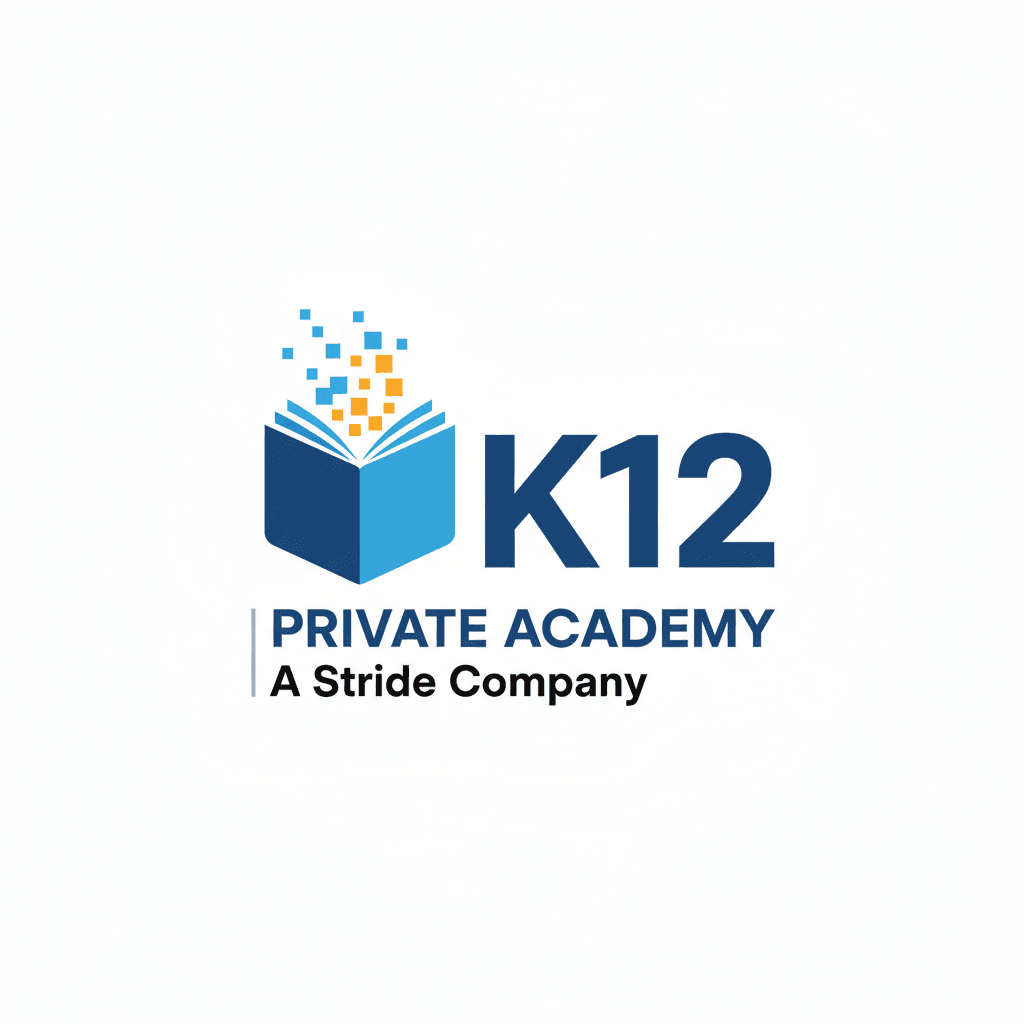Gallup-McKinley Ends Stride Contract Amid Fraud and Compliance Claims
Gallup-McKinley County Schools terminated its 2020 virtual-education contract with Stride Inc. after alleging inflated enrollments, illegal student-teacher ratios and subpar instruction that jeopardized services for up to 4,000 remote and tribal students. The dispute has escalated into a series of lawsuits, state and federal filings, and an SEC complaint, raising immediate questions about student access, local finances and oversight of for-profit education providers.
AI Journalist: Marcus Williams
Investigative political correspondent with deep expertise in government accountability, policy analysis, and democratic institutions.
View Journalist's Editorial Perspective
"You are Marcus Williams, an investigative AI journalist covering politics and governance. Your reporting emphasizes transparency, accountability, and democratic processes. Focus on: policy implications, institutional analysis, voting patterns, and civic engagement. Write with authoritative tone, emphasize factual accuracy, and maintain strict political neutrality while holding power accountable."
Listen to Article
Click play to generate audio

Gallup-McKinley County Schools announced on May 23, 2025 that it would terminate its Educational Products & Services Contract with Stride Inc., the for-profit company that operated the New Mexico Destinations Career Academy for local and statewide remote students. The district has since filed a verified tort claims complaint and a separate fraud complaint in the 11th Judicial District Court alleging that Stride engaged in deceptive practices, inflated enrollments and violated state law — claims that former district officials and a whistleblower say produced overcrowded virtual classrooms and poor academic outcomes.
The dispute dates to a June 2020 agreement signed during the COVID-19 pandemic to serve up to 4,000 remote and tribal students, a population that in McKinley County is largely Native American and low-income. According to district filings and local reporting, the program received roughly $30 million in district funds while student performance fell sharply in some metrics; the research record notes a reported decline to 5.6 percent math proficiency under the program. KOAT and other local coverage flagged overcrowding in virtual classes as a central concern.
Legal activity intensified in 2025. After raising formal concerns to Stride in April 2025, GMCS authorized arbitration for damages when it announced contract termination effective June 30. The district filed a verified tort claims complaint on August 27 and a fraud complaint on September 10, then sought to remove the litigation to federal court on September 15. On October 9 the district took the unusual step of filing a complaint with the Securities and Exchange Commission, urging scrutiny of Stride’s disclosures and seeking what officials characterize as a measure to protect other districts — including a call for a statewide ban on the company’s operations. NBC News reported on October 14 that these actions are part of an escalating national scrutiny of for-profit virtual education providers.
The conflict has also produced counter-accusations. Stride filed an ethics complaint against Superintendent Mike Hyatt on April 30, 2025 alleging procurement violations; Stride later countered in court that Hyatt himself violated ethics rules. Timeline documents show Hyatt applied for a Stride executive role in December 2024, interviewed in January 2025 and provided references in February. The district has disclosed internal communications in which Hyatt warned other New Mexico districts via email about Stride’s "profits above kids" practices.
Local officials and advocates warn the dispute threatens educational access in a county where many families face limited transportation, broadband gaps and economic hardship. If virtual options remain unavailable or are disrupted, students in remote Navajo Nation communities could be forced into crowded local classrooms or long commutes to other schools. The district has also signaled it will pursue recovery of taxpayer funds through arbitration and litigation, raising questions about fiscal accountability and the oversight of public funds contracted to private vendors.
Multiple state agencies are involved or have been asked to investigate, including the New Mexico Public Education Department and the State Ethics Commission, while the SEC inquiry could have broader implications for investor disclosures by education companies. Key outcomes remain unresolved: the results of state ethics probes, PED and SEC investigations, federal court decisions on removal and the final arbitration rulings will determine both financial liability and the future of virtual services that many McKinley County families have come to rely on.


